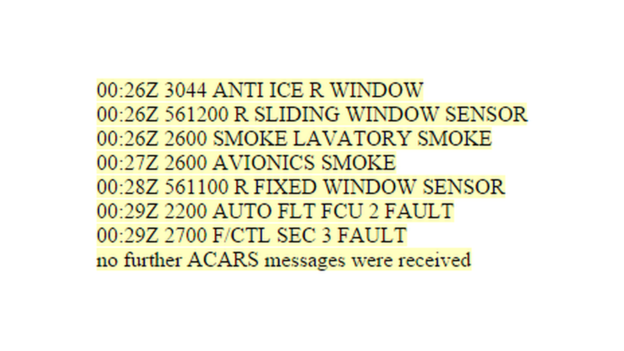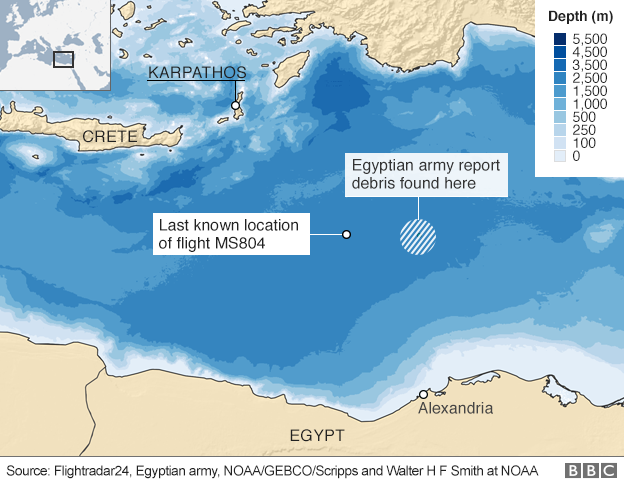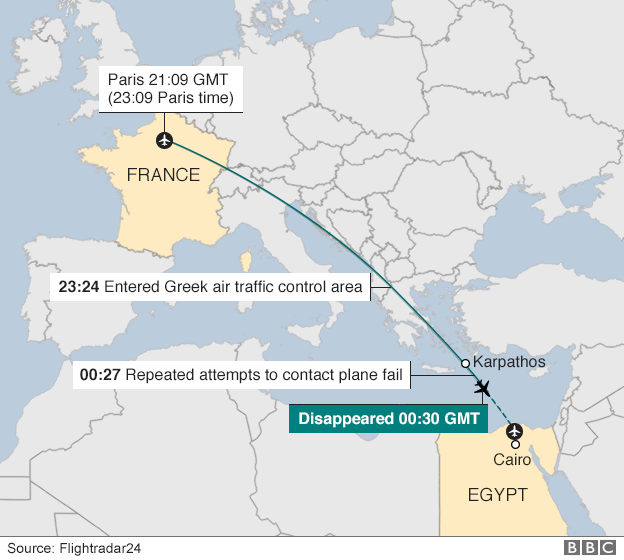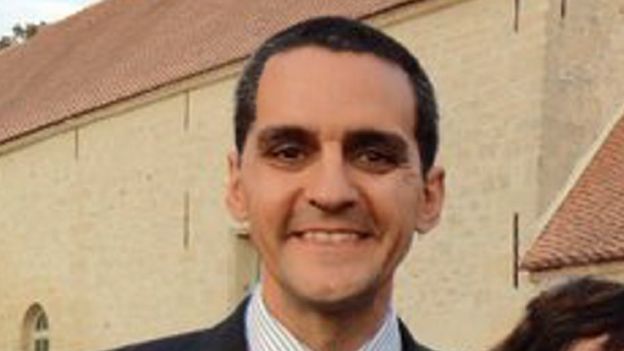EgyptAir: ‘Smoke detected’ inside cabin before crash
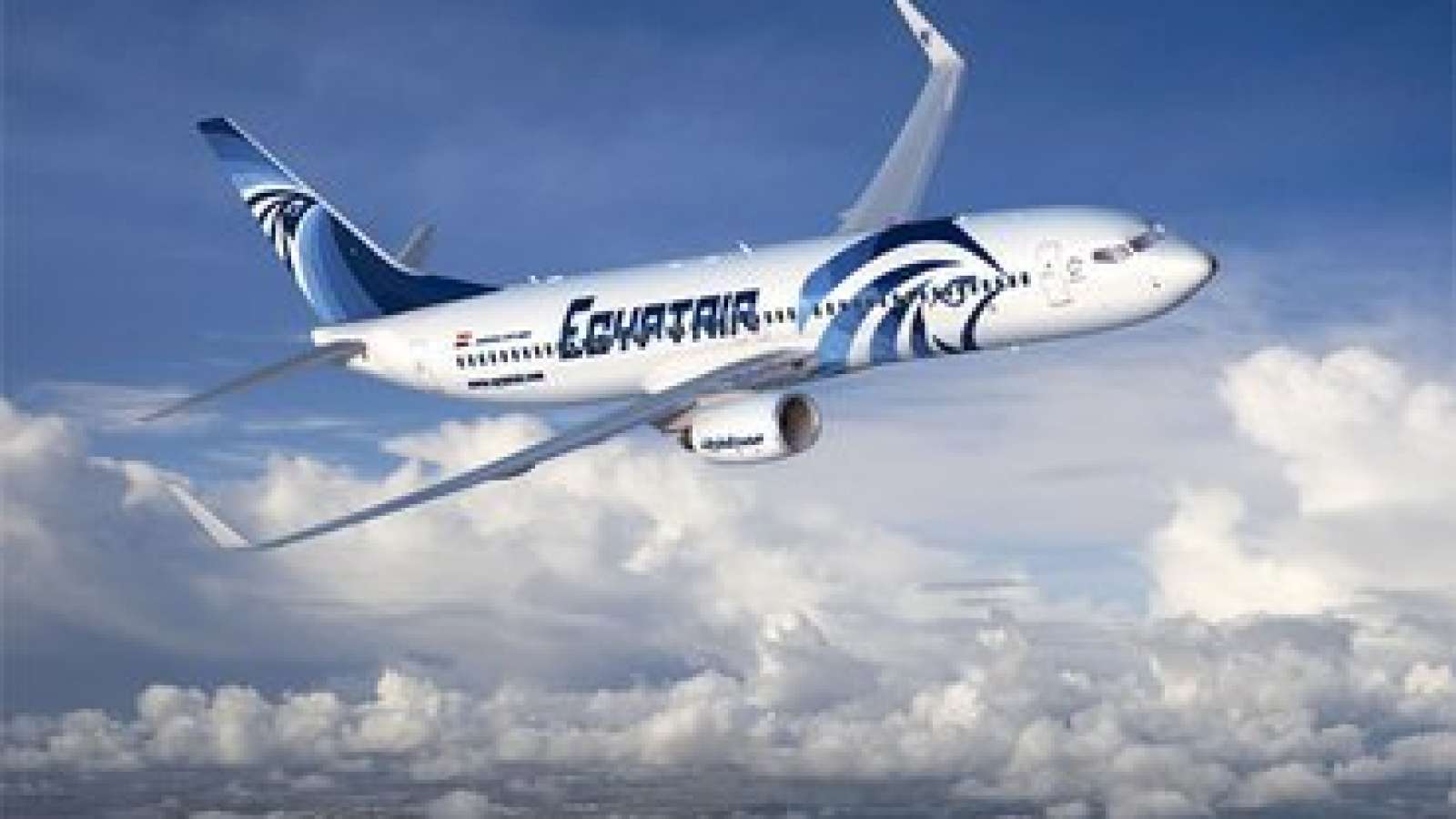
There were smoke alerts inside the cabin of the EgyptAir passenger plane before it crashed in the Mediterranean on Thursday, reports say.
Smoke was detected in the toilet and the aircraft's electrics, just minutes before the signal was lost, according to data published on air industry website the Aviation Herald.
However, there has been no official confirmation of the data.
Flight MS804 was en route from Paris to Cairo with 66 people on board.
The Aviation Herald said it had received flight data filed through the Aircraft Communications Addressing and Reporting System (ACARS) from three independent channels.
It said the system showed that at 02:26 local time on Thursday (00:26 GMT) smoke was detected in the Airbus A320 toilet.
A minute later — at 00:27 GMT — there was an avionics smoke alert.
The last ACARS message was at 00:29 GMT, the air industry website said, and the contact with the plane was lost four minutes later at 02;33 local time.
ACARS is used to routinely download flight data to the airline operating the aircraft.
Philip Baum, the editor of Aviation Security International Magazine, told the BBC that technical failure could not be ruled out.
"There was smoke reported in the aircraft lavatory, then smoke in the avionics bay, and over a period of three minutes the aircraft's systems shut down, so you know,
that's starting to indicate that it probably wasn't a hijack, it probably wasn't a struggle in the cockpit, it's more likely a fire on board.
"Now whether that was a technical fire, a short circuit, or whether it was because a bomb went off on board, we don't know," he added.
Greece earlier said that radar showed the Airbus A320 had made two sharp turns and dropped more than 25,000ft (7,620m) before plunging into the sea.
Debris and body parts were found on Friday by teams searching for the wreckage of the Airbus320, Greek and Egyptian officials said.
Items including seats and luggage have also been retrieved by Egyptian search crews.
The debris was discovered about 290km (180 miles) north of Alexandria, the Egyptian military said.
The focus of the investigation
European Space Agency satellites spotted an oil slick in the area where the flight had vanished — but the organisation said there was no guarantee it was from the plane.
The search is now focused on finding the plane's flight recorders, the Associated Press news agency reports.
Egyptian President Abdel Fattah al-Sisi has expressed his "utmost sadness and regret" at the crash.
Egypt has said the plane was more likely to have been brought down by a terrorist act than a technical fault.
However, there has been "absolutely no indication" so far as to why the plane came down, French Foreign Minister Jean-Marc Ayrault said on Friday.
What do we know about what happened?
Three investigators from the French air accident investigation bureau, along with a technical adviser from Airbus, have joined the Egyptian inquiry.
The BBC has learned the plane that disappeared was forced to make an emergency landing in 2013 after the pilot noticed the engine overheating, but an official report said the defect had been repaired.
In October, an Airbus A321 operated by Russia's Metrojet blew up over Egypt's Sinai Peninsula, with all 224 people on board killed.
Sinai Province, a local affiliate of the Islamic State jihadist group, said it had smuggled a bomb on board.
The names of some of those who were on board have emerged, but most have not been identified publicly.
Those on board included:
Richard Osman, a 40-year-old geologist and father-of-two from South Wales;
Canadian national Marwa Hamdy, a mother-of-three and an executive with IBM originally from Saskatchewan, but who had relocated to Cairo;
Pascal Hess, a photographer from Normandy, France, who had lost his passport last week — only for it to be found in the street, allowing him to catch the flight;
An unnamed couple in their 40s from Angers in north-west France, as well as their two children;
Ahmed Helal, the Egyptian-born manager of a Procter and Gamble plant in Amiens, northern France
Политика конфиденциальности | Правила пользования сайтом
